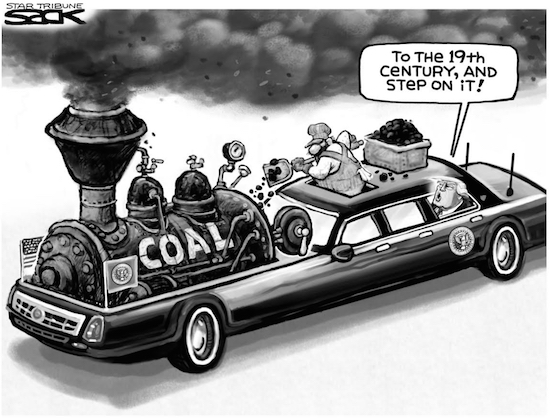OPINION: Embracing what’s next

Politics, in one sense, is actually pretty easy to figure out. Looking at all the upheaval in Western democracies, one might ask: What’s going on? But here’s a simple test to put that question in a different context. Instead, ask: “Are people feeling secure?”
“Security” is a big word. Often, we think about it just in terms of physical safety, secure from crime or war. But there’s more. A recent story by Mark Trumbull for The Christian Science Monitor plumbs the economic side of the term. Yes, the U.S. economy is once again nearing “full employment,” yet according to one expert, “the 2016 election indicated the enormous amount of insecurity and concern on the part of large swaths of the American population.”
The fact is, even as the world experiences historic levels of peace and prosperity, it is undergoing similarly historic levels of change. Generally speaking, globalization is the culprit. It creates a bigger economic engine and more peace by binding the world. But that also enforces an inevitable evolution.

Brooklyn Boro
View MoreNew York City’s most populous borough, Brooklyn, is home to nearly 2.6 million residents. If Brooklyn were an independent city it would be the fourth largest city in the United States. While Brooklyn has become the epitome of ‘cool and hip’ in recent years, for those that were born here, raised families here and improved communities over the years, Brooklyn has never been ‘uncool’.